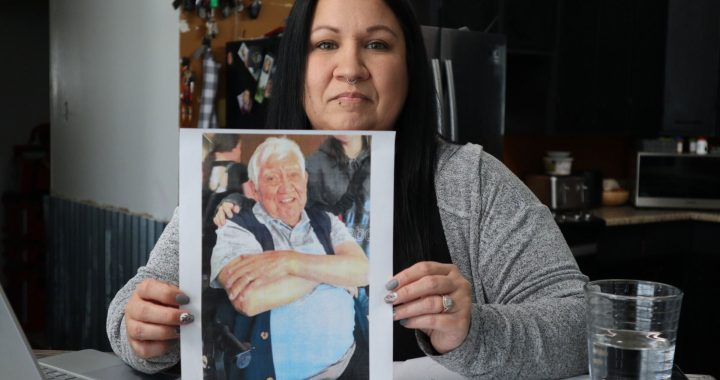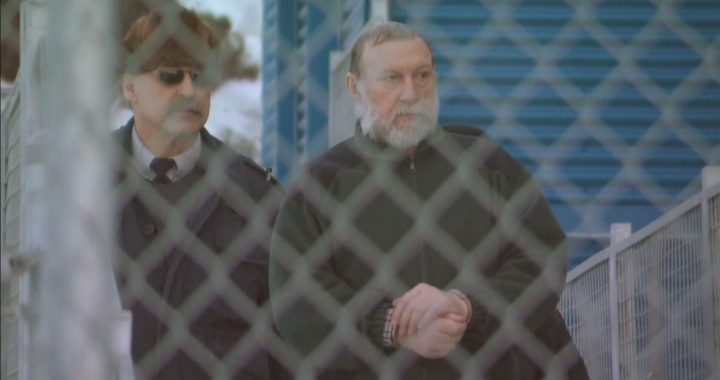The deaths of two First Nations women who were victims of homicide over the course of a week in Winnipeg are reigniting calls for more to be done to stem violence against Indigenous women.
On May 16, the remains of Rebecca Contois, 24, originally from Crane River First Nation, were discovered near an apartment building in Winnipeg.
Jeremy Anthony Michael Skibicki, 35, has been charged with first-degree murder in connection with Contois’ death.
Police say there could be more victims.
Then on May. 19, police found another deceased woman downtown, Doris Lydia Trout, 25, from God’s Lake First Nation.
Police are asking for help locating two women who are “persons of interest.”
Read More:
Sandra DeLaronde is an MMIWG advocate in Winnipeg and said the recent killing of the two women has her frustrated.
“The minister at the time, Carolyn Bennett, recognized Manitoba as ground zero for missing and murdered loved ones. The last few weeks, it continues to be ground zero in this country,” DeLaronde said.
In a statement, Cora Morgan of the First Nations Family Advocate Office said the crisis of violence against Indigenous women and girls is still prevalent.
“First Nations women continue to be targeted and victimized in Canadian society. A legacy of colonial policy that has targeted First Nations women and girls for over 150 years has created an epidemic of violence,” she said in the statement.
“As a result, the national crisis of Missing and Murdered Indigenous Women, Girls, and 2SLGBTQQIA+ peoples (MMIWG2S+) persist at alarming rates within our province.”
Garrison Settee, grand chief of Manitoba Keewatinowi Okimakanak (MKO), said he’s worried for Indigenous women.
“Our women are sacred. They should be treated with respect and dignity. The homicide of a second young Indigenous woman in a week is a tremendous loss and concern for our community,” Settee said in a release.
“I am extremely worried we are witnessing an increase in deadly violence impacting First Nations women in the city of Winnipeg.”
DeLaronde believes more action is needed from the government apart from words and money.
“Unfortunately, despite the national inquiry, despite the finding of genocide, and despite the involvement of community in developing a national action plan, particularly the involvement of people from Manitoba in developing the urban implementation plan, there has been no action,” DeLaronde said.
“Putting a dime here, and a dollar there is not going to change the circumstance, they have to commit to ending genocide.”
DeLaronde added that it will take time to make meaningful change and that it starts with small steps.
“People have to stand up, people have to speak out, people have to support Indigenous women and girls and their safety and economic well-being.
“That’s where we start, one at a time, we can’t change, we can’t move the mountain but we can pick up the rocks.”
The National Inquiry into Missing and Murdered Indigenous Women and Girls issued its report in 2019 with 213 calls to action. The federal government has yet to issue a report on how it will implement them.










